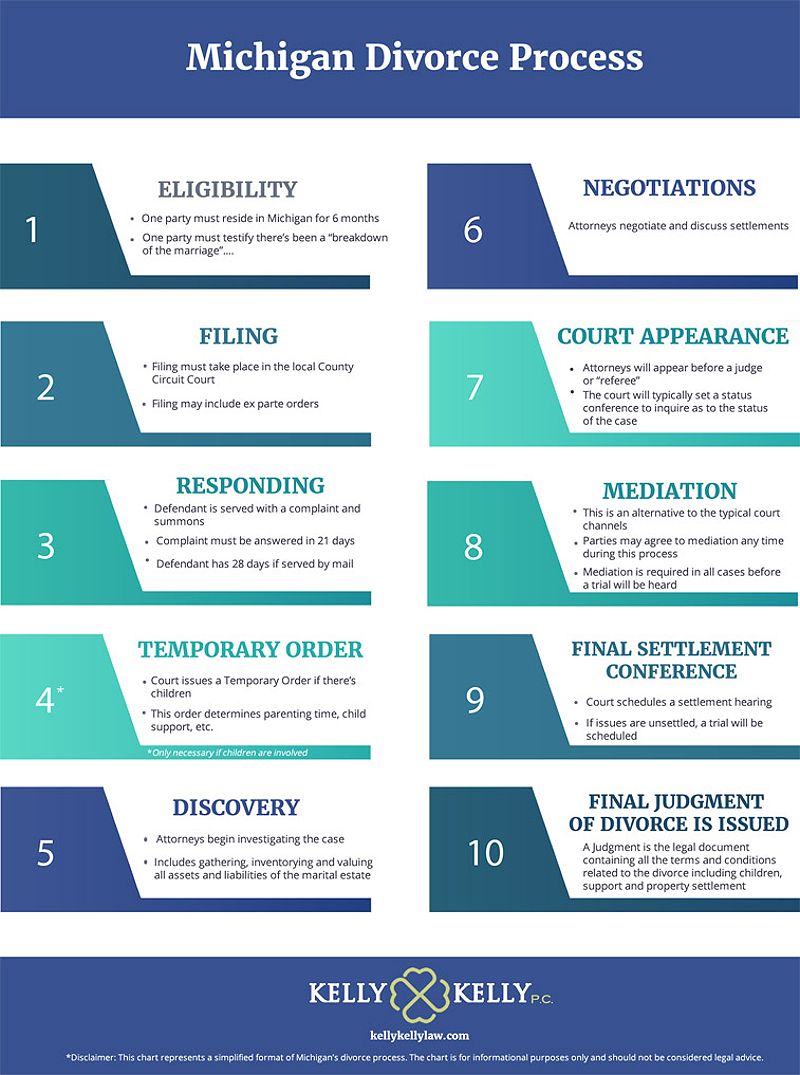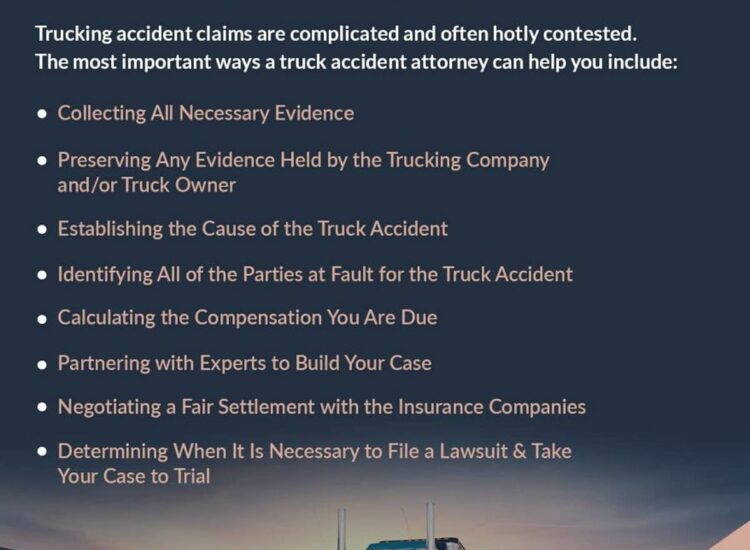Divorce is far more than just legal paperwork; it’s an emotionally taxing and legally complex journey. The importance of finding the best family law attorney cannot be overstated, as they will help you navigate the challenges of divorce while protecting your interests. This article serves as a comprehensive guide for selecting an attorney who can effectively advocate for your needs, no matter your location or the specifics of your case. The process demands careful consideration of various factors, including experience, cost, and communication style.
Toc
- 1. Understanding Your Needs and Priorities in a Divorce
- 2. Finding and Vetting Potential Family Law Attorneys
- 3. Related articles 01:
- 4. Evaluating Attorneys and Making Your Decision
- 5. Understanding the Divorce Process and Common Issues
- 6. Related articles 02:
- 7. Additional Resources and Support
- 8. Conclusion
Understanding Your Needs and Priorities in a Divorce
Before embarking on your search for the best family law attorney, it’s crucial to clarify your specific legal needs and priorities. This clarity will help you find an attorney who aligns with your goals.
Defining Key Legal Issues

What specific challenges are you facing in your divorce? Is child custody your primary concern? Are you worried about spousal support or the division of assets? Clearly defining your legal issues will significantly influence the type of attorney you need. For instance, if child custody is a major concern, seek out an attorney with a robust background in custody disputes.
The Importance of Legal Specialization
Family law is multifaceted, encompassing areas such as child custody, spousal support, property division, and domestic violence. Some attorneys specialize in high-conflict divorces, while others may focus on collaborative law or mediation. An attorney specializing in high-net-worth divorces will possess expertise in valuing complex assets like businesses and intellectual property. Conversely, an attorney focused on collaborative law will prioritize negotiation and settlement over litigation. This specialization is vital for ensuring that the attorney’s expertise aligns with the specific challenges of your case.
Assessing Financial Resources
Understanding your budget is another critical aspect of finding the best family law attorney. Family law cases can be expensive, and comprehending the financial implications of hiring legal representation is essential. Attorneys may charge hourly rates, require a retainer fee, or work on a contingency basis. For high-net-worth individuals, it’s crucial to find attorneys experienced in managing complex financial matters, while those with straightforward cases might find different service levels more suitable.
While cost is a factor, it’s important to note that selecting the least expensive attorney may not always be the best strategy if their experience or expertise is lacking. By assessing the cost structures of potential attorneys upfront, you can avoid unexpected financial burdens later in the process. Transparency regarding fees is crucial, so ensure you have clear communication about costs before committing.
Setting Realistic Expectations
While it’s natural to hope for the best possible outcome, setting realistic expectations is essential. The legal process can be unpredictable, and even the best family law attorney cannot guarantee specific results. Understanding that negotiation and compromise are often integral to the process can help you maintain a balanced perspective as you move forward.
Finding and Vetting Potential Family Law Attorneys
Once you’ve clarified your needs and priorities, the next step is to find qualified family law attorneys who can assist you.
Utilizing Online Resources

In today’s digital age, online resources are invaluable for finding the best family law attorney. Websites such as Avvo, Martindale-Hubbell, and state bar association directories provide extensive information about attorneys in your area. When searching for “best family law attorney near me,” “best family law attorney near Arizona,” or “best family law attorney near Colorado,” these platforms can help you compare credentials, disciplinary records, and client reviews.
While online reviews can be helpful, they don’t always represent the complete picture. They should be considered alongside other factors like the attorney’s experience and disciplinary record. Reading client testimonials can offer insights into an attorney’s strengths and their approach to cases similar to yours.
Seeking Referrals
Personal referrals are often a reliable method for finding a reputable family law attorney. Don’t hesitate to ask friends, family, or colleagues for recommendations. Professionals who frequently deal with family law issues, such as financial advisors or therapists, may also provide valuable referrals based on their experiences.
1. https://law.tik.black/car-accident-injury-law-firm/
2. https://law.tik.black/car-accident-attorney-las-vegas-dimopoulos-law/
3. https://law.tik.black/semi-truck-accident-law-firm/
Referrals can help you narrow down your options and identify attorneys with a strong reputation in the community. Additionally, consider searching for “top 10 family law attorneys” in your area to find highly-rated professionals.
Reviewing Attorney Profiles
Once you’ve identified potential candidates, review their profiles thoroughly. Focus on their experience and specialization in family law areas relevant to your situation. Look for attorneys who have handled cases similar to yours and have a track record of success. This research will help you make an informed decision as you proceed.
Evaluating Attorneys and Making Your Decision
After gathering a list of potential attorneys, it’s time to evaluate them based on several key factors.
Considering the Attorney’s Fee Structure
Before diving into experience and specialization, it’s vital to understand the attorney’s fee structure. Attorneys may charge in various ways: hourly rates, flat fees, or contingency arrangements. Each fee structure has implications for your financial planning. Transparency about fees is crucial, and potential clients should ask specific questions about anticipated costs.
Experience and Specialization

Experience is paramount when choosing the best family law attorney. Look for attorneys with extensive experience in family law, particularly in areas relevant to your case, such as child custody or high-net-worth divorce. An attorney who specializes in your specific legal needs will be better equipped to navigate the complexities of your situation.
However, it is worth acknowledging that while experience is valuable, a newer attorney might offer a fresh perspective and be equally effective, especially in cases involving newer legal technologies or approaches.
Communication Style and Responsiveness
Effective communication is essential for a successful attorney-client relationship. Your attorney should be responsive to your inquiries and keep you informed throughout the legal process. During initial consultations, assess how promptly the attorney responds to your questions; this can be indicative of their communication style moving forward.
Additionally, consider your comfort level discussing personal matters with the attorney. Trust and rapport are vital components of a successful working relationship.
Reputation and Client Feedback
Researching an attorney’s reputation can provide valuable insights into their professionalism and effectiveness. Look for client testimonials and online ratings, particularly from individuals who have faced similar legal issues.
Consistent positive feedback and a solid reputation within the legal community can be strong indicators of an attorney’s competence and ability to advocate for your best interests.
Compatibility and Trust
The attorney-client relationship is built on trust and compatibility. Assess whether you feel comfortable discussing sensitive issues with the attorney and whether their approach aligns with your expectations. A strong rapport can significantly enhance the effectiveness of your legal representation.
Geographic Location
Consider the geographic location of the attorneys you are evaluating. Proximity can be essential for ease of access. Working with a local attorney who understands the nuances of family law in your jurisdiction can be beneficial.
Understanding the Divorce Process and Common Issues
Familiarizing yourself with the typical stages of a divorce case can help you prepare for what lies ahead.
1. https://law.tik.black/motorcycle-accident-law-firm/
2. https://law.tik.black/best-houston-truck-accident-lawyer/
3. https://law.tik.black/wrongful-death-law-firm/
Stages of Divorce

The divorce process usually begins with the initial filing, followed by discovery, negotiation, mediation, and potential litigation. Each state may have specific laws and procedures, so it’s advantageous to work with a local attorney who understands the intricacies of family law in your area.
Child custody is often one of the most pressing issues in family law cases. Various types of custody arrangements exist, including joint custody and sole custody. Courts will consider multiple factors when determining custody, such as each parent’s relationship with the child and the child’s best interests. Your attorney can help you navigate this complex area, ensuring your rights as a parent are protected.

Understanding Spousal Support
Spousal support can be another contentious issue in divorce proceedings. Several factors influence spousal support awards, including the length of the marriage and each spouse’s financial situation. An experienced family law attorney can help you understand your rights regarding alimony and work towards achieving a fair outcome.
Dividing Marital Assets
Dividing marital assets can be particularly challenging, especially in high-net-worth divorces. Understanding the process of asset division, including real estate, personal property, and financial accounts, is crucial. Your attorney can guide you through this process, ensuring your interests are protected.
Current Trends in Family Law
In recent years, technology has begun to play a significant role in family law. Many attorneys now utilize online platforms for communication, document sharing, and even virtual hearings. This shift has improved efficiency and access to legal services, making it easier for clients to stay informed and involved in their cases.
Additional Resources and Support
If you’re feeling overwhelmed by the prospect of navigating family law, various resources can provide assistance.
State Bar Associations
State bar associations often offer resources for individuals seeking legal assistance, including directories of attorneys and information about legal aid organizations for those who qualify.
Support Groups and Counseling Services
Support groups for individuals going through divorce can offer emotional support and practical advice. Connecting with others who share similar experiences can be beneficial during this challenging time.
Conclusion
Choosing the best family law attorney is a critical decision with significant implications for your future. By carefully considering your needs, researching potential attorneys thoroughly, and prioritizing clear communication, you can find the best legal representation to navigate the complexities of your divorce. Remember to utilize online resources, seek referrals, and take advantage of free consultations offered by attorneys in your area. Don’t hesitate to reach out to several attorneys to find the best fit for your situation and ensure you have the strongest advocate on your side. With the right attorney, you can face the challenges of divorce with confidence and clarity.










